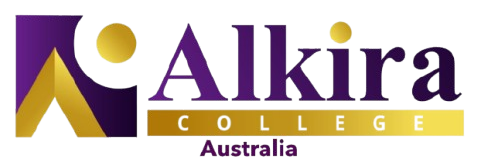
03. Psychosocial Hazard Identification & Reporting
Spot the unseen risks. Empower your teams to identify, document, and take action.
Why This Matters
Psychosocial hazards are often invisible — until the damage is done.
From stress and burnout to bullying and poor organisational culture, these risks can quietly erode productivity, wellbeing, and compliance.
Yet according to recent workplace health reports, most organisations fail to recognise or record these risks properly, leading to legal exposure, absenteeism, and cultural breakdown.
This module gives your teams the skills and systems to proactively identify, report, and record psychosocial hazards — before they escalate.
What This Module Covers
Recognising Psychosocial Hazards in the Workplace
✔ Real-world examples and early warning signs are used to train managers on when and how to act.
Example: A team experiencing high turnover and conflict may be showing symptoms of unmanaged psychosocial risk.
Accessing & Using Data and WHS Systems
✔ Know where to look, what to log, and how to stay compliant.
Stakeholder Consultation & Collaborative Reporting
Example: Using guided team check-ins to uncover stressors before they become claims.
Developing a Psychosocial Hazard Register
✔ Includes templates and reporting structures for immediate implementation.
Key Learning Outcomes
- Identify common psychosocial hazards using structured frameworks
- Access and analyse data to support evidence-based reporting
- Consult with employees and teams to validate psychosocial risks
- Build and maintain a WHS-compliant hazard register
- Strengthen early intervention through proactive documentation
Frequently Asked Questions (FAQs)
Q1. What exactly is a psychosocial hazard?
A psychosocial hazard is any aspect of work or workplace culture that can cause psychological harm. Examples include bullying, high job demands, low support, poor communication, and lack of role clarity.
Q2. Is this training technical or practical?
Both. You’ll gain clear definitions, legal context, and hands-on templates for real-world hazard reporting and consultation.
Q3. What if our team doesn’t currently have a hazard register?
This module will guide you through creating one from scratch — with practical tools to keep it maintained and compliant.
Q4. Can we apply this to hybrid or remote teams?
Yes. The principles of psychosocial risk identification apply across physical and remote work environments.

